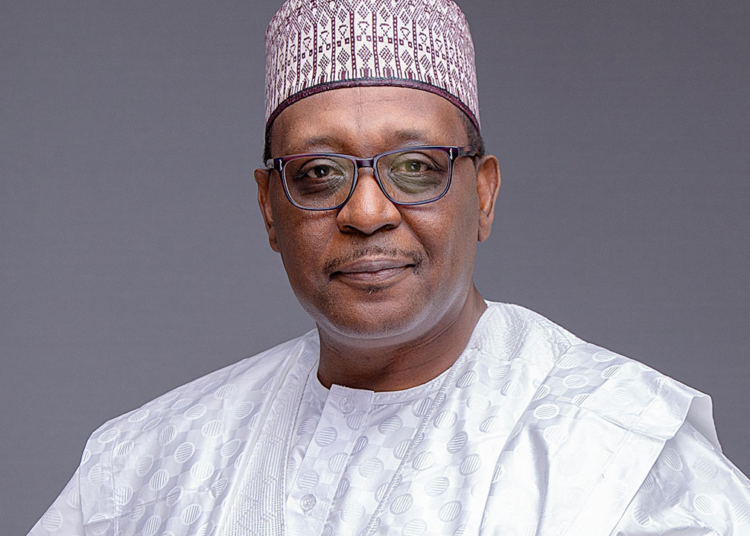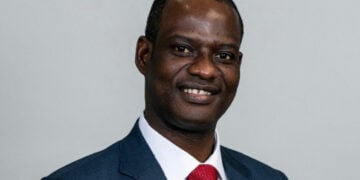As the West African Region continues to face several public health challenges, Nigeria and the Republic of Niger have brainstormed on strengthening cross-border surveillance between the two countries.
The cross-border surveillance meeting, organised by the ECOWAS Regional Centre for Surveillance and Disease Control (RCSDC), in Abuja, aimed to strengthen regional collaboration and coordination in monitoring, preventing, and responding to potential disease outbreaks that could threaten public health in Niger and Nigeria.
Declaring the three-day meeting open, the minister of health, Prof Ali Pate, noted that with a population of over 230 million, Nigeria alone cannot fight infectious disease outbreaks that transcend national borders.
The minister, who was represented by the director of Port Health Services in the Ministry of Health, Dr Akpan Nseobong, described the cross-border surveillance meeting as very important considering that Nigeria and Niger Republic share borders.
While commending the West African Health Organisation (WAHO), the ECOWAS RCSDC, and partners, the minister called for more collaboration with Nigeria to tackle the growing public health challenges.
He said, „We will continue to appeal to our partners for more support because given the size of our country, once Nigeria can contain these diseases, the whole of West Africa and indeed Africa will be safe.”
The technical adviser on cross-border surveillance, ECOWAS RCSDC, Dr Aisha Bukola Usman, who also spoke at the meeting, said the meeting aimed to share information on priority diseases among the two countries.
She said, “We are here to look at the major disease outbreaks that have happened between the two countries, to understand the situation, and also to learn from each other.
“To learn to share experiences and also to identify some of the gaps that the two countries can work on by developing a joint action plan that will help in containing some of the outbreaks that we have had in the last one year and the one that is currently ongoing on the suspected heavy metal poisoning in the two countries.”
Speaking on the current outbreak of heavy metal poisoning between Niger and Nigeria, she said the meeting will enable the two countries to know the current status of each country, the interventions on the ground and how to improve on that and what support will be required from the West Africa Health Organisation (WAHO) to support the two countries.
Also, the director of public health, Sokoto State Ministry of Health, Dr Abduganiyu Yusuf, and the director of public health services, Zamfara State Ministry of Health, Dr Yusuf Abubakar, while fielding questions from journalists during the meeting, said that at the end of the meeting, the two countries are expected to come up with a joint action plan, especially concerning notifiable diseases that affect both countries.
“Things like measles, meningitis, diphtheria, and especially the heavy metal poisoning that is currently ravaging these two countries. There is need to design an action plan so that we know how to manage these notifiable diseases so that at the end of the day, it will foster inclusive health for all in both countries,“ they explained.
Other speakers at the opening ceremony were the director-general of WAHO, Dr Aissi Melchior Athanase, who was represented by the executive director of ECOWAS RCSDC, Dr Virgil Lokossou; representative of UNICEF, Dr David Dauda; representative of WHO, Dr Beatrice Muraguri and Dr Elh Ibrahim Tassiou from Niger Republic.











